By Sun Simiao
(581-682)
Translated by Heiner Fruehauf
National University of Natural Medicine, College of Classical Chinese Medicine
Everyone who aspires to be a great physician must be intimately familiar with the following classics: the Simple Questions (Huangdi neijing suwen), the Systematic Classic of Acupuncture and Moxibustion (Zhenjiu jiayi jing), the Yellow Emperor’s Needle Classic (Huangdi neijing lingshu), and the Laws of Energy Circulation from the Hall of Enlightenment (Mingtang liuzhu). Furthermore, one must master the twelve channel systems, the three locations and nine positions of pulse diagnosis, the system of the five zang and the six fu organs, the concept of surface and interior, the acumoxa points, as well as the materia medica in the form of single herbs, herb pairs, and the classic formulas presented in the writings of Zhang Zhongjing (fl.150-219, author of the Shanghan zabing lun), Wang Shuhe (fl.210-286, author of the Maijing), Ruan Henan (4th century, author of the Ruan Henan yaofang), Fan Dongyang (fl.308-372, author of the Fan Dongyang fang), Zhang Miao (4th century), Jin Shao (4th century) and other masters.
In addition, one should have a masterful grasp of the science of determining the Yin-Yang of destiny (yinyang lu ming), all schools of physiognomy (xiangfa), and the divinatory technique of interpreting the five omens in fire-cracked turtle shells (shaogui wuzhao), as well as the skill of Book of Change divination utilizing the system of the heavenly stems and earthly branches forming a cycle of sixty years (Zhouyi liuren). It is imperative that one masters all of these methods with the depth of an expert, only then can one become a great physician. Without this knowledge, it will be like having no eyes or stumbling around at night—one will be destined to fall down and be done at the outset.
Further, one needs to study the treatment methods assembled in this collection (Beiji qianjin yaofang, 652) to a degree of perfection, contemplate the marvelous principles that engendered them, and make them one’s own by applying great care and great depth—only then can one begin to give knowledgeable advice on the path of medicine.
Further, one must be widely read in all categories of traditional writing. Why? Because if one does not read the Five Classics (Yijing, Liji, Shijing, Shujing, Lüshi chunqiu), the way of altruistic love and self-restraint will remain alien to us. If one does not read the Three Histories (Shiji, Hanshu, Dong guan ji), the important events of ancient times and their repercussions in the present will fail to inspire us. If one does not read the philosophical writings of the ancient masters, the true essence of everything we face will remain veiled. If one does not read the Classic of Medicine (Neijing), we may never truly know the virtues of mercy and compassion. Without reading the Laozi and the Zhuangzi, we won’t know how to live in harmony with nature and move in synch with the cycles of the macrocosm–causing constant scruples that come with the belief in “good fortune” or “ill fortune.”
Finally, one must investigate the intricate dynamics of the five phase elements (wuxing xiuwang), and the astrological system of calculating the position and relationship of the sun, the moon, and the five planets (qiyao tianwen).
If you can study and learn all of these subjects well, there will not be any obstacles on your path to medical practice, and the results will be perfect in every way!
© 2007 Heiner Fruehauf
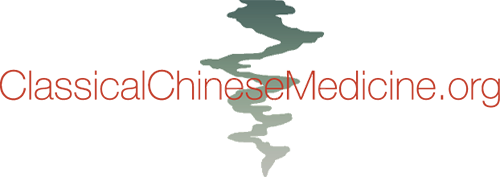
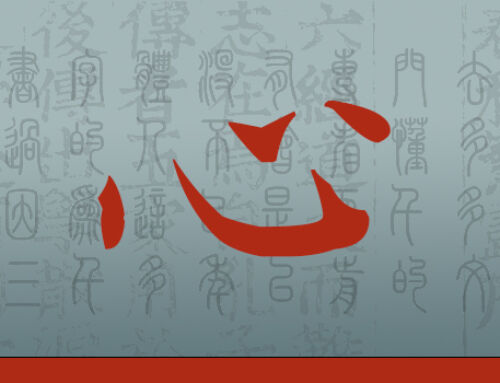
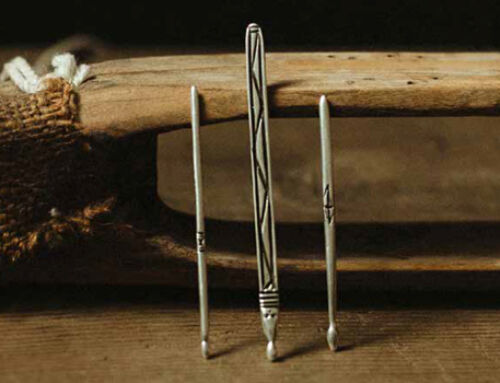
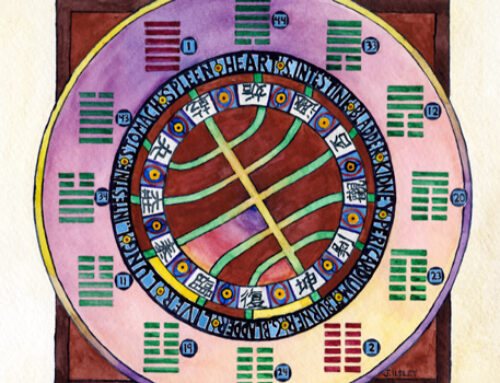
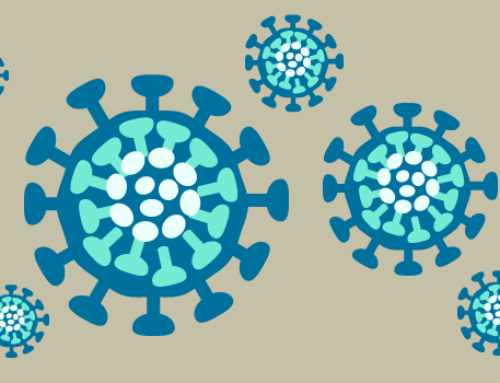
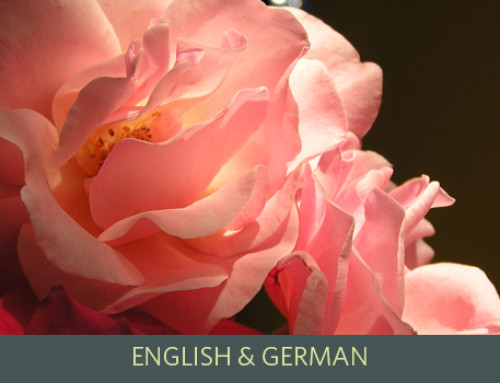
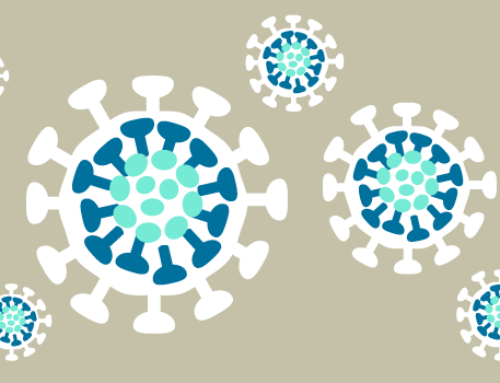
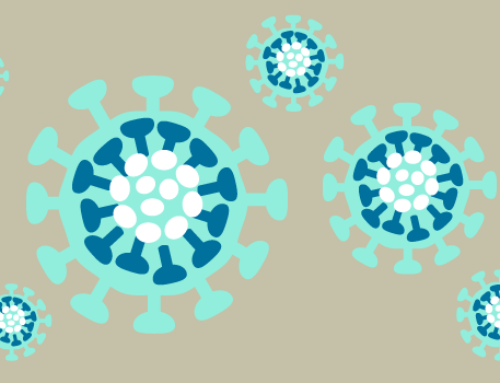
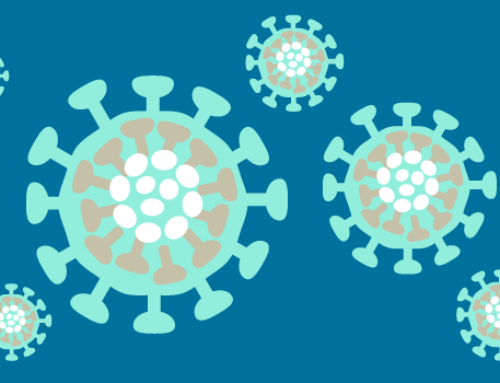
Thank you both Sun Si Miao and Sir Heiner!